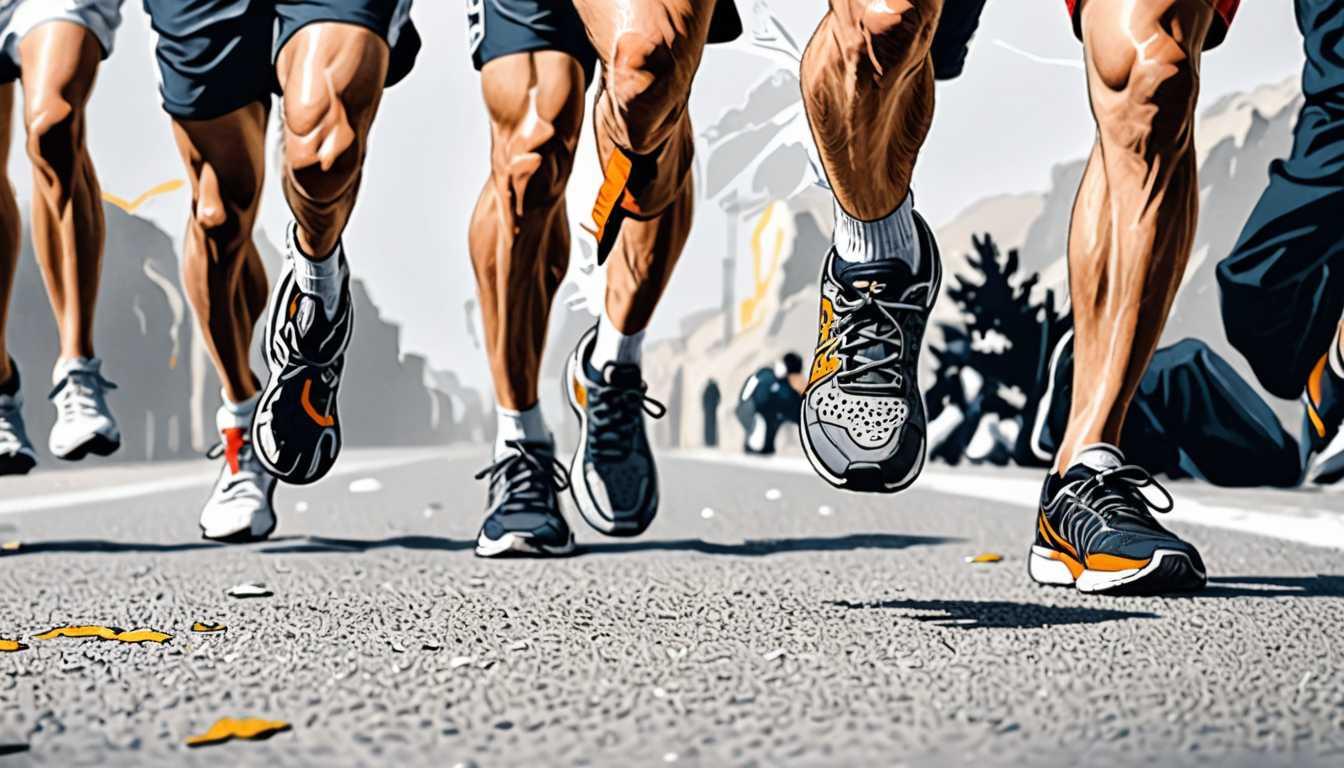Stress Ages You? Reverse It!
May 2023
Smithsonian Magazine
Introduction
Ever wondered if stress could make you older than your classmates? According to a fascinating study highlighted by Smithsonian Magazine, stress doesn't just give you a bad day; it can fast-forward your biological age! But here's the kicker: this aging process might be reversible. Researchers found that after stressful events, both mice and humans showed signs of turning back the biological clock. So, next time you're stressing over that math test, remember, it's not all doom and gloom - you might just get younger afterward!
READ FULL ARTICLEWhy It Matters
Discover how this topic shapes your world and future
Turning Back Time on Your Biological Clock
Imagine if the stress from cramming for a test, dealing with a tough week, or even experiencing major life events could actually make you "older" than your birthday suggests. Sounds like a sci-fi plot, right? But it's not just fiction. Scientists have discovered that stress can increase your biological age – that's the age of your body on the inside, based on how well your cells are doing. The good news? This process can be reversed. Understanding this could change how we handle stress, approach health, and even how we recover from illnesses. For you, it means that managing stress isn't just about feeling better in the moment – it could also be about keeping your body younger and healthier for longer. This topic isn't just fascinating; it's a call to action to pay attention to our well-being in a whole new way.
Speak like a Scholar
Biological Age
The age of your body based on the condition of your cells, rather than the number of birthdays you've celebrated.
DNA Methylation
A process where molecules are added to your DNA, which can change how your body works and affects your health risks.
Cortisol
A hormone that your body releases when you're stressed. It's useful in small bursts but can be harmful if levels stay high for too long.
Adrenaline
Also known as the "fight or flight" hormone, it prepares your body to respond to stress but can cause damage if constantly in the system.
Cell Biologist
A scientist who studies the structure, function, and behavior of cells, including how stress affects them.
Epidemiologist
A type of scientist who studies how diseases spread and can be controlled in populations, and might look at factors like stress and biological age.
Independent Research Ideas
The Role of Sleep in Reversing Stress-Induced Biological Aging
Investigate how sleep quality and duration can impact the reversal of stress effects on biological age. This could uncover fascinating connections between rest and cellular health.
Comparative Study on Stress Management Techniques and Biological Age
Explore different stress management techniques (e.g., meditation, exercise, hobbies) to see which are most effective in maintaining or reducing biological age. This could lead to actionable health advice.
The Impact of Diet on Stress and Biological Aging
Examine how various diets (Mediterranean, vegan, ketogenic) influence the body's response to stress and its effect on biological age. This could offer insights into how what we eat affects our cellular health.
Gender Differences in Stress Recovery and Biological Age
Delve into why and how biological age recovery post-stress events might differ between genders, as suggested by the varying recovery times from COVID-19. This could highlight important differences in health strategies for men and women.
The Psychological Perspective - Stress Perception and Biological Age
Investigate how an individual's perception of stress (e.g., viewing challenges as opportunities vs. threats) influences their biological age. This could bridge psychology and biology in understanding stress impacts.
Related Articles

Gut Wars: Bacteria's Battle Strategy
December 2023
University of Oxford

Turning Back Time: Biological Age
April 2023
Harvard University

Sweat Science: Exercise vs. Inflammation
November 2023
Harvard University

Keto Diet: Beyond Weight Loss
December 2023
University of California

GlioQuell: Powering Down Cancer
August 2022
Imperial College London